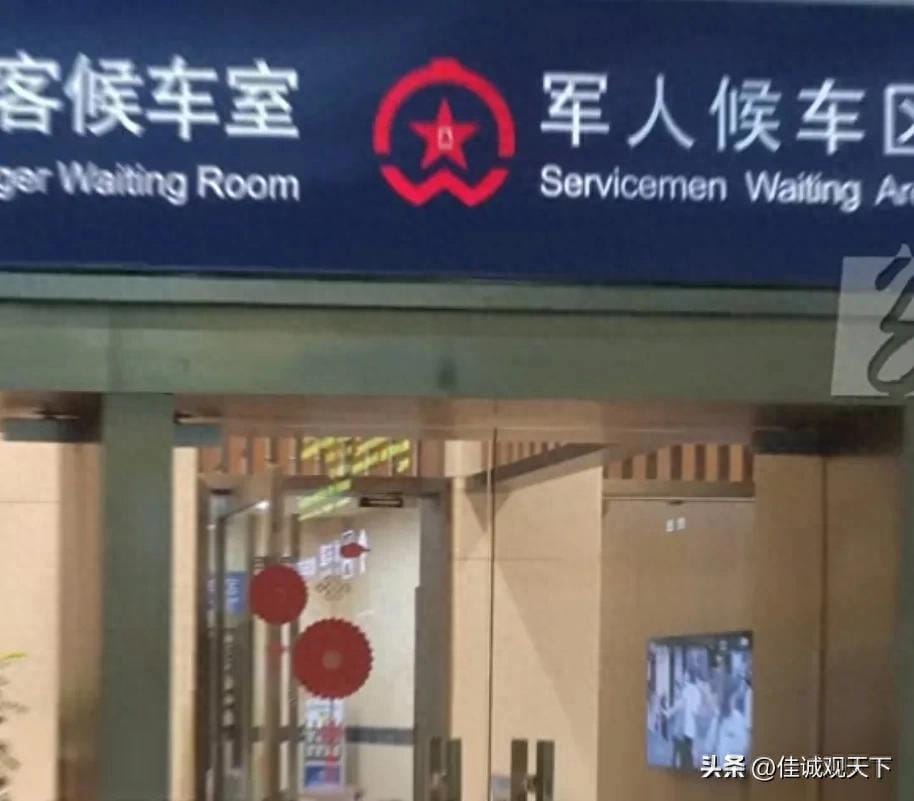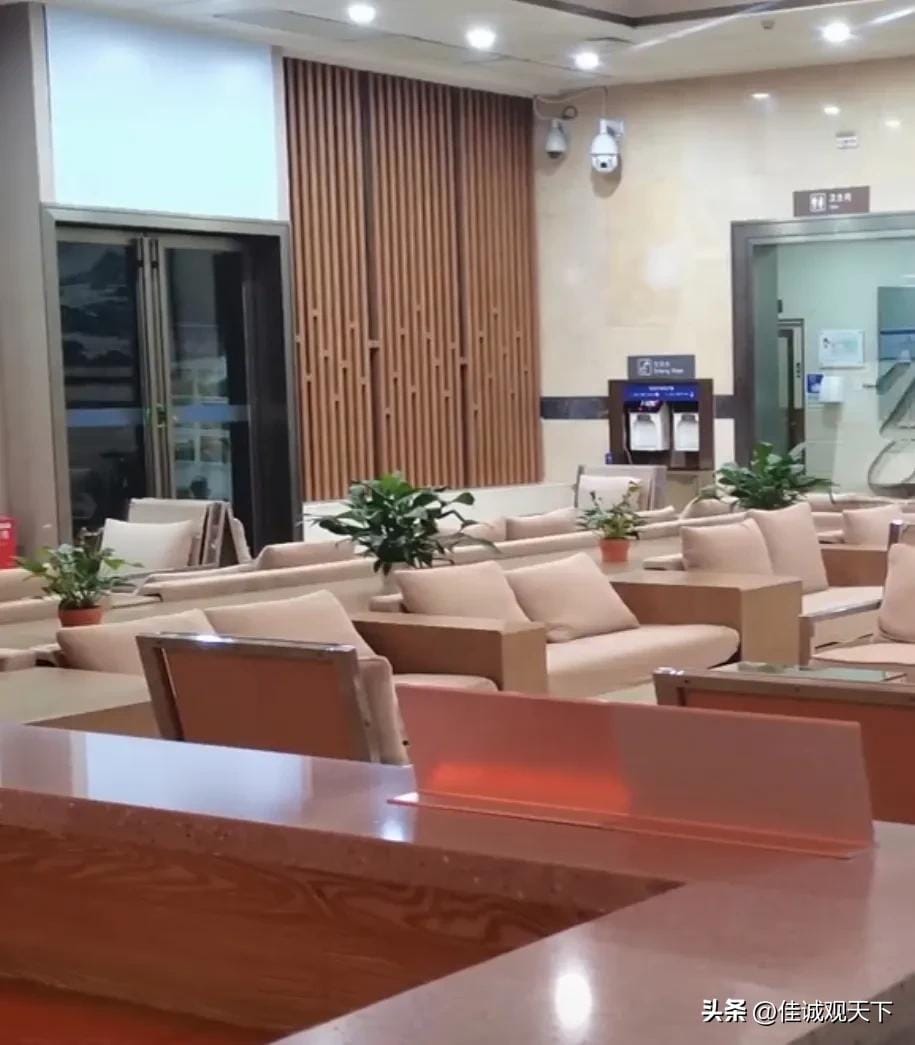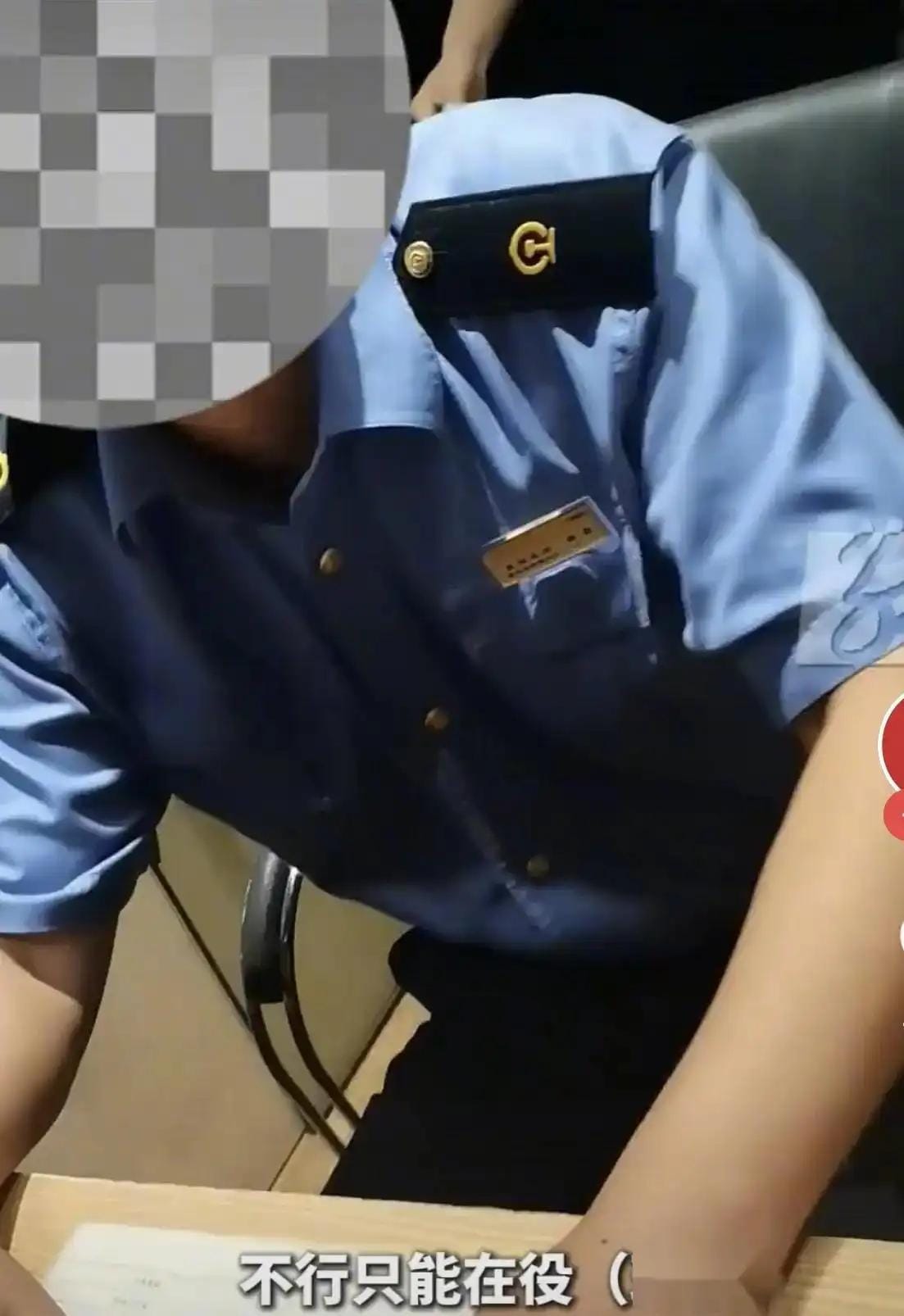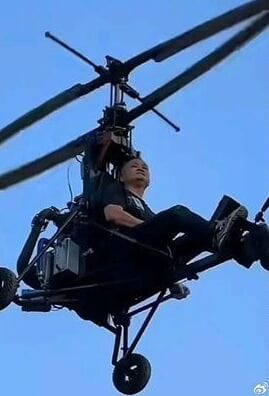Retired Veterans Denied Access to Military Waiting Areas
A retired veteran was unjustly denied entry to a military waiting area, highlighting the need for respect toward all veterans, active or retired.

When Honor Meets Frustration: Veterans Denied Access
It's hard not to feel frustrated and even a bit angry when those who have given years of their lives to serving their country are told they're no longer welcome in spaces designed to honor that very service. 😡 This exact situation unfolded recently in Xiangyang, Hubei, where Mr. Zhang, a retired veteran with 8 years of service, was denied access to a military waiting area at a train station. Despite the area being practically empty, staff insisted it was off-limits because he was no longer 'active duty.'
This incident leaves a bitter taste and raises a serious question: Shouldn't retired veterans continue to receive respect and privileges earned during their service?

The Disheartening Reality Behind the 'Active Duty' Label
Imagine serving your country faithfully, donning the uniform, and living by a code of honor—only to be later told that your identity and sacrifices are somehow less valid because you retired. That’s precisely what happened here. The very concept of a military waiting area is meant to be a gesture of respect and thanks for those who served, yet this narrow interpretation excludes a vital part of the military community.
It’s like being invited to a party and then being told you have to leave halfway through because you changed jobs! 🤦♂️ Veterans don't stop being veterans the moment they retire. The pride, discipline, and dedication remain, even if the uniform is hung up.

Why This Matters: Beyond the Waiting Room
This isn't just about a physical space--it's about recognizing the value of lifelong service and the respect society owes its veterans. Denying retired personnel access to military-exclusive areas not only hurts their feelings but chips away at the collective appreciation that should be felt by all. It sends a message that only those currently serving matter, which is simply untrue and unfair.
Moreover, with the waiting area largely empty during this incident, denying access seems petty at best. 🤨 The lack of staff training or clear policies on veteran rights contributes to these unfortunate situations that could easily be avoided.
Moving Forward: What Needs to Change?
First, train stations and other military-associated facilities must update and clarify their policies to explicitly include retired veterans in their privileges. Staff need proper training to understand and honor these rules rather than operating under rigid, outdated assumptions.
Secondly, there should be more public awareness about the sacrifices of all veterans. A veteran’s contribution doesn't end with active service; their role in society continues long after. Encouraging public advocacy and support groups can help push for these necessary reforms.
Conclusion: Respect Isn't a Status Symbol
In the end, respect for veterans should be unconditional—not a reward for current duty status. Retired veterans like Mr. Zhang deserve every bit of honor accorded to those still in uniform. It's time for institutions to reflect this in their actions and policies. Every former soldier should feel appreciated, valued, and welcomed.
Let's turn the slogan "respect soldiers" from mere words into heartfelt deeds that include all who served. 🎖️❤️




